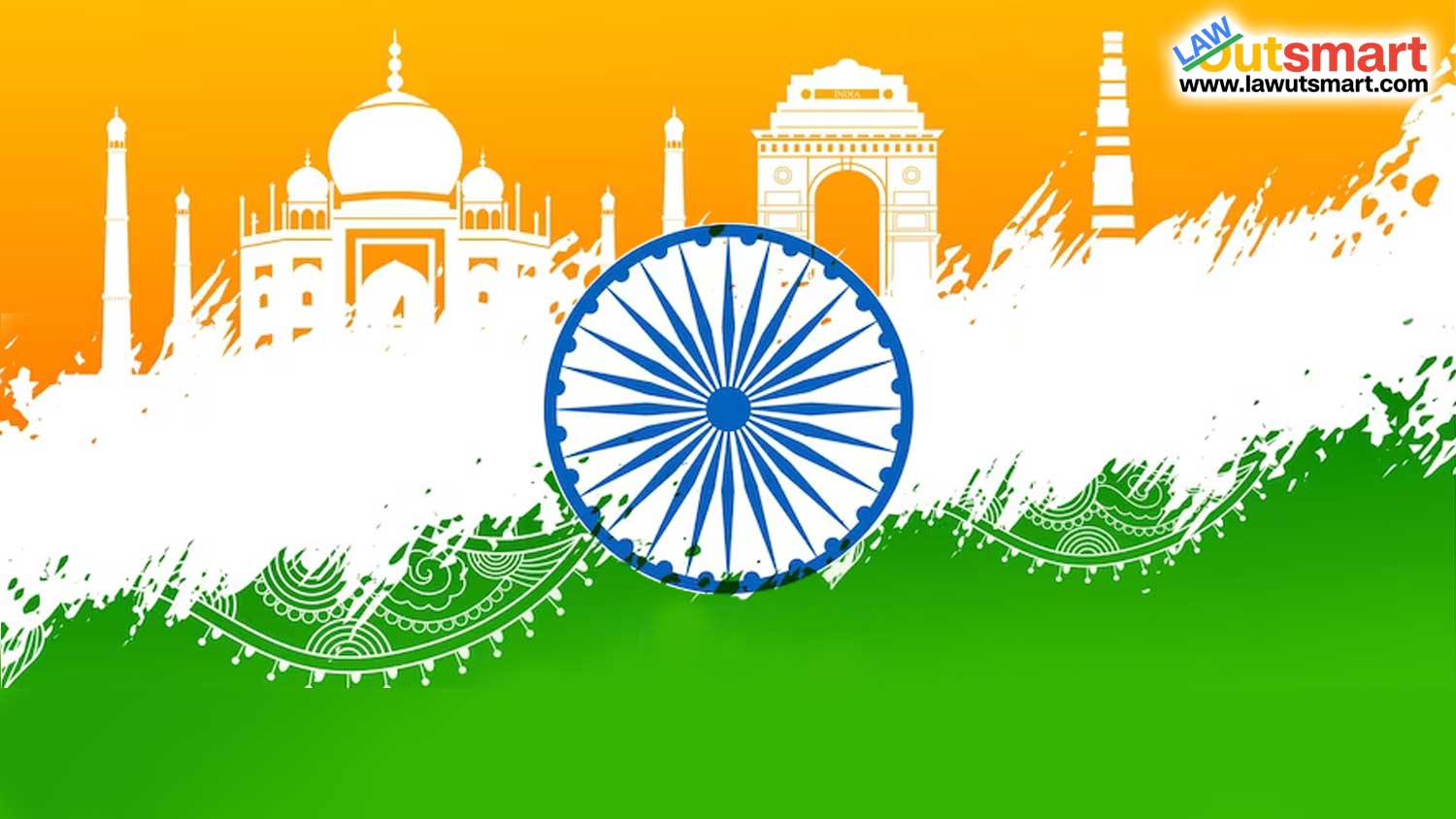“India, that is Bharat, shall be a Union of States.” so begins the Article 1 of the Constitution of India that was adopted on 26 November 1950. India, a name synonymous with ancient civilization, cultural diversity, and a rich tapestry of history, has always fascinated scholars, historians, and the general populace alike. However, the origin of the name “India” is an intriguing subject that traces its roots to various historical and geographical dimensions. This essay delves into the etymology, historical evolution, and the cultural significance of the name.
Etymological Roots
The name “India” is derived from the River Indus, which was the cradle of the Indus Valley Civilization, one of the world’s oldest urban cultures. The ancient Greeks referred to the river as the “Indos” (Ἰνδός), which led to the term “India.” In Old Persian, the river was called “Hindu,” which also influenced the name for the Indian subcontinent, Hindustan. In essence, the name “India” is a foreign nomenclature, attributed largely to the Greeks and Persians.
Historical Evolution
Throughout history, the land has been referred to by different names in different eras. In Sanskrit, the classical literary language of India, the country is called “Bharat” after the legendary king Bharata, who is believed to have ruled the region. The Constitution of India officially recognizes both “India” and “Bharat” as names for the country. In medieval times, with the advent of Islamic rule, the term “Hindustan” became prevalent, combining the Persian word “Hindu” and the suffix “-stan” meaning “land.” Each of these names encapsulates a different epoch in India’s extensive history.
Cultural and Symbolic Connotations
The name “India” is not merely a geographic identifier but encapsulates the essence of a civilization known for its philosophical depth, architectural grandeur, and manifold traditions. For Indians, the name resonates with a sense of pride and cultural identity. On the other hand, “Bharat,” the indigenous term for India, signifies a more traditional and ancient connection to the Vedic culture and the age-old customs that have survived the test of time.
Global Recognition
The name “India” gained universal recognition during the period of British colonialism, and it remained unchanged after the country gained independence in 1947. Today, the term “India” is used universally in international diplomacy, science, technology, and global economy, symbolizing the nation’s progressive strides on the world stage.
Conclusion
The origin of India’s name is a confluence of historical influences, geographic landmarks, and cultural significance. Whether it’s “India,” the globally recognized name that speaks of a modern, evolving nation, or “Bharat,” which echoes the rich and ancient cultural heritage, both names symbolize a land that has been a significant part of human history for thousands of years. Just as the country itself is a mosaic of diverse cultures, languages, and traditions, its name, too, is a composite, woven through history, adapted over centuries, and rich in meaning and symbolism.
Through an exploration of its name, one can begin to scratch the surface of the complexities and marvels of this ancient land, capturing the essence of its past and its vision for the future.

